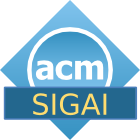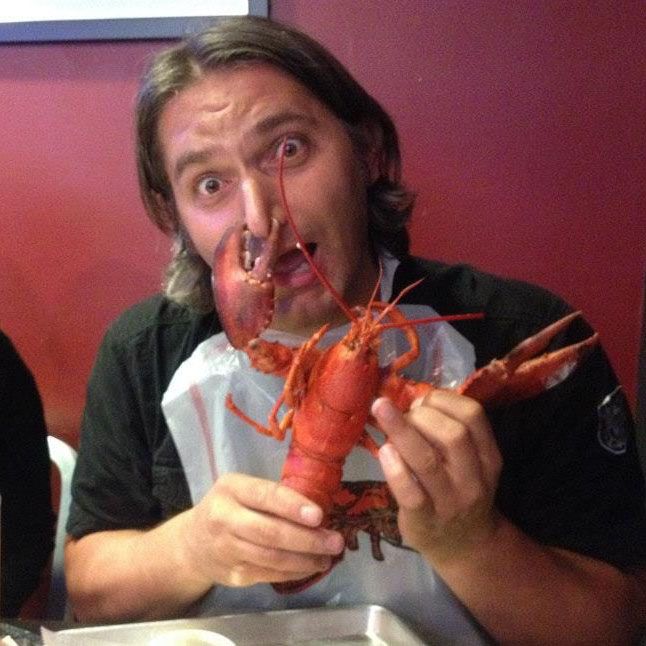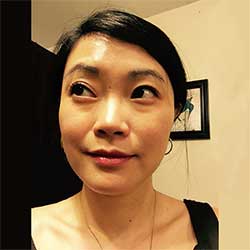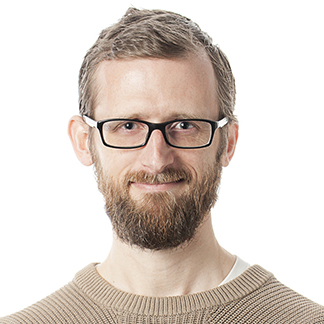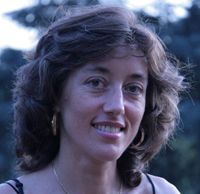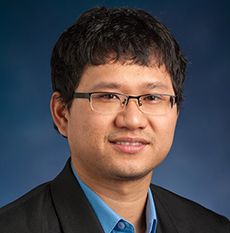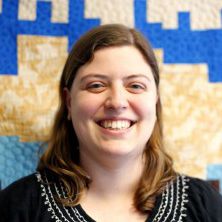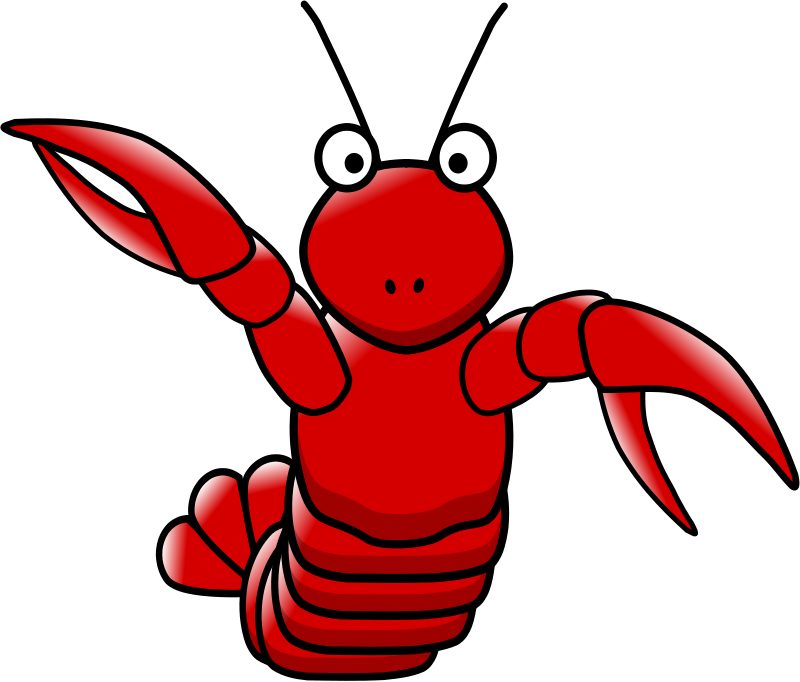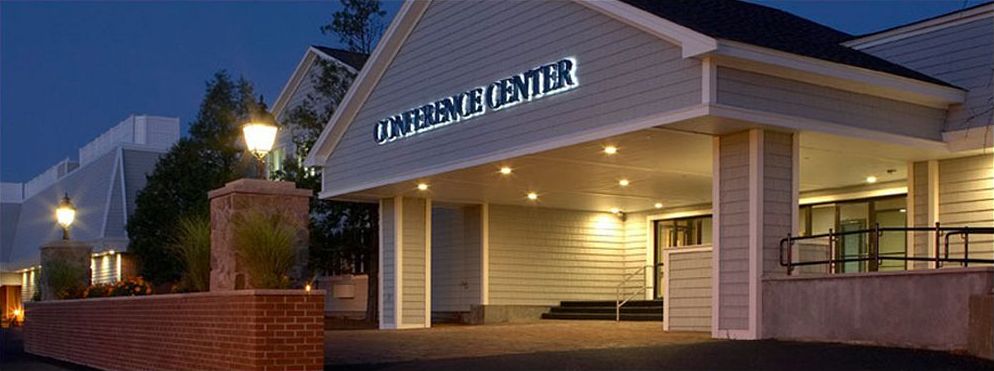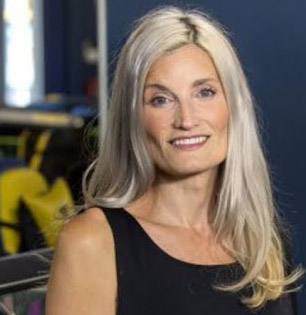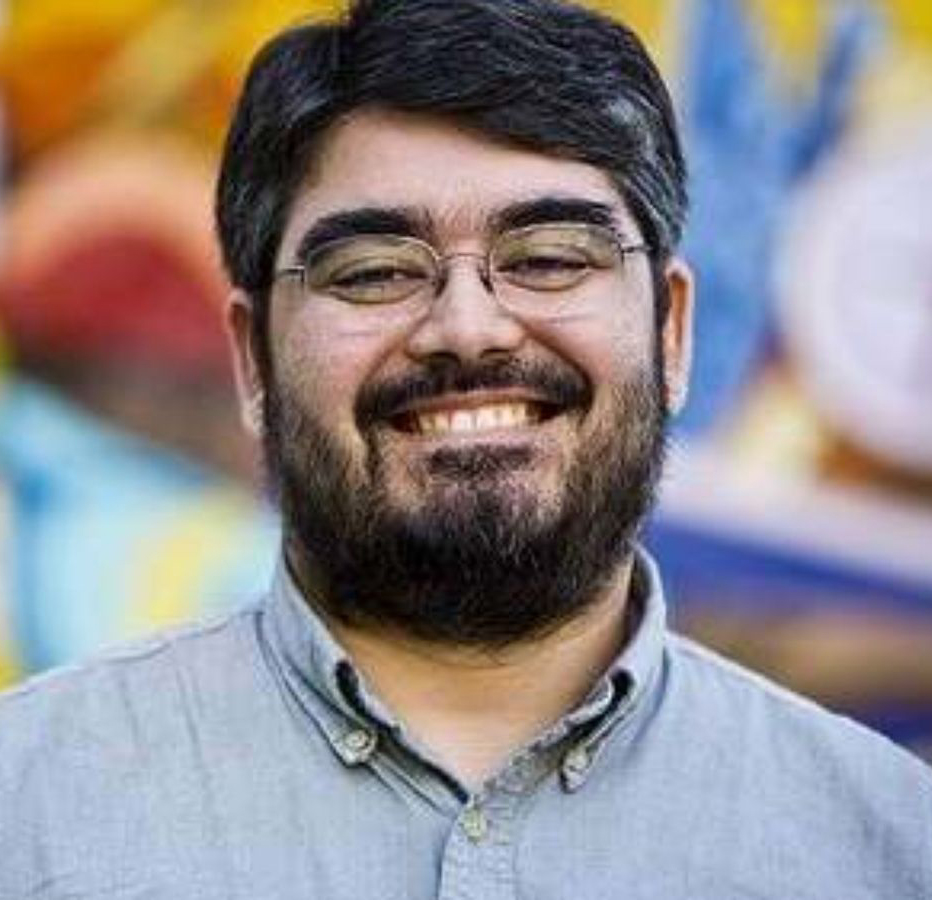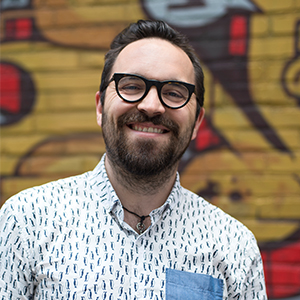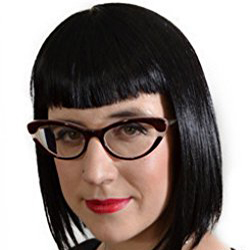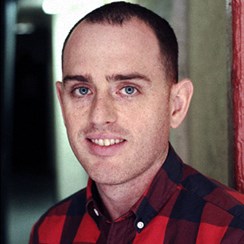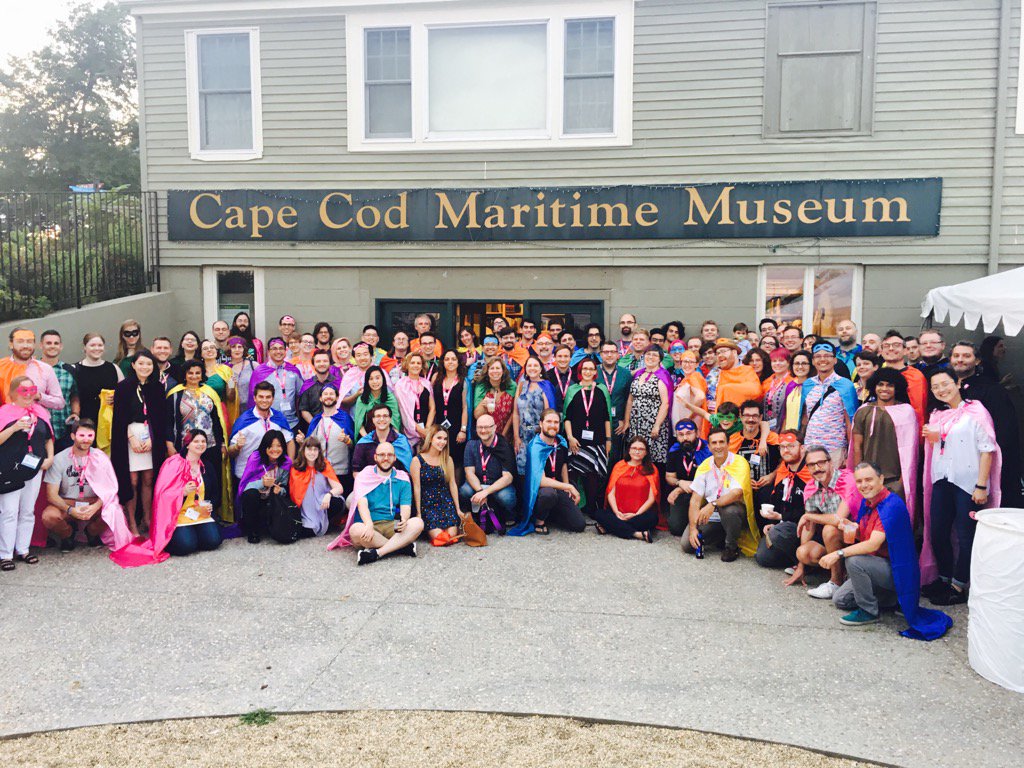
ABOUT
The Conference
The International Conference on the Foundations of Digital Games (FDG) is a major international event in-cooperation with ACM SIGAI, SIGCHI, and SIGGRAPH. It seeks to promote the exchange of information concerning the foundations of digital games, technology used to develop digital games, and the study of digital games and their design, broadly construed. The goal of the conference is the advancement of the study of digital games, including but not limited to new game technologies, critical analysis, innovative designs, theories on play, empirical studies, and data analysis.
This year’s conference theme focuses on Celebrating the Player. The field of digital game research has made significant advances in the past decade, from attempting to define what games are to developing techniques to create content automatically. As such, the academic community has contributed to the increasing growth, understanding, and diversity of digital games. This year we want to challenge and expand research that improves theories and methodologies around: the interaction between players and games, how games are designed with the player in mind, how games are perceived by players, how novel technologies enhance the player experience, and how games affect players on a cognitive, behavioral and affective level. The aim of this year’s conference is to bring together game researchers from a wide variety of backgrounds and research interests to increase our understanding of players. We welcome high quality conceptual, empirical, theoretical, and methodological contributions.
FDG 2017 will include presentations of peer-reviewed papers (with rebuttal process), invited talks by high-profile industry and academic leaders, panels, workshops, and posters. The conference will also host a game competition, tech demo session, and a doctoral consortium. This year’s FDG conference will nominate two papers with honorable mention and one best paper from each track.
FDG 2017 is organized in-cooperation with ACM SIGAI, SIGCHI, and SIGGRAPH. Long papers, short papers, and posters from this year’s conference will appear in ACM's Digital Library.

SASDG
The goal of the Society for the Advancement of the Science of Digital Games (SASDG) is to promote and advance the science, technology, design, and study of digital games (also known as computer games, or video games). This is accomplished by operating a yearly conference, the Foundations of Digital Games (FDG).
Important Dates
Workshop and Special Events Proposals
Submissions:
February 13, 2017Notifications:
February 27, 2017
Full and Short Papers
Submissions:
March 13, 2017Rebuttal due:
April 17, 2017Notifications:
April 26, 2017
Doctoral Consortium
Submissions:
May 8, 2017Notifications:
May 22, 2017
Posters
Submissions:
May 15, 2017Notifications:
June 5, 2017
Panels
Submissions:
May 1, 2017Notifications:
May 22, 2017
Games and Demos
Submissions:
June 15, 2017Notifications:
June 26, 2017
Organizers
Program Committee
| Gabriella | A. B. Barros | New York University |
| Pablo | Abend | University of Siegen |
| Thibault | Allart | Ubisoft, CNAM, UPMC |
| Per | Backlund | University of Skövde |
| Sander | Bakkes | Tilburg University |
| Selim | Balcisoy | Sabanci University |
| Jackie | Barnes | Northeastern University |
| Pippin | Barr | Concordia University |
| Sian | Beavers | Open University |
| Owen | Bell | New York University |
| Alexander | Bevier | NYU Game Center |
| Rafael | Bidarra | Delft University of Technology |
| Max | Birk | University of Saskatchewan |
| Staffan | Björk | University of Gothenburg |
| Ian | Bogost | Georgia Institute of Technology |
| Julia Ayumi | Bopp | University of Basel |
| Cameron | Browne | QUT |
| Gordon | Calleja | University of Malta |
| Alessandro | Canossa | Northeastern University |
| Karina | Caro | Drexel University |
| Diane | Carr | IOE |
| Elin | Carstensdottir | Northeastern University |
| Edward | Castronova | Indiana University |
| Naomi | Clark | NYU Game Center |
| Tom | Cole | Goldsmiths, University of London |
| Emily | Collins | University College London |
| Simon | Colton | University of London |
| Kate | Compton | University of California, Santa Cruz |
| Michael | Cook | Falmouth University |
| Seth | Cooper | Northeastern University |
| Paul | Coulton | Lancaster University |
| Nicole | Crenshaw | University of California, Irvine |
| Steve | Dahlskog | Malmö University |
| Bob | De Schutter | Miami University |
| Thomas | Debeauvais | university of california irvine |
| Alena | Denisova | Swansea University |
| Sebastian | Deterding | University of York |
| Sean | Duncan | Indiana University |
| Clara | Fernandez-Vara | New York University |
| Lauren S | Ferro | Centre for Game Design Research, RMIT University |
| Yetunde | Folajimi | University of Ibadan |
| Allan | Fowler | Kennesaw State University |
| Anthony Ying-Him | Fung | The Chinese University of Hong Kong |
| Swen | Gaudl | Falmouth University |
| Seth | Giddings | University of Southampton |
| Benjamin | Good | TSRI |
| Eric | Gressier-Soudan | CNAM-CEDRIC |
| Matthew | Guzdial | Georgia Tech |
| Juho | Hamari | University of Tampere |
| William | Hamilton | Interface Ecology Lab |
| Jessica | Hammer | Carnegie Mellon University |
| Erik | Harpstead | Carnegie Mellon University |
| Brent | Harrison | Georgia Institute of Technology |
| Casper | Harteveld | Northeastern University |
| Kieran | Hicks | LiSC |
| Helmut | Hlavacs | University of Vienna |
| Christoffer | Holmgard | New York University |
| Amy K. | Hoover | Northeastern University |
| Britton | Horn | Northeastern University |
| Ian | Horswill | Northwestern University |
| Jeff | Howard | Dakota State University |
| Kenneth | Hullett | UC Santa Cruz |
| Jo | Iacovides | The Open University |
| Aaron | Isaksen | New York University |
| Mikael | Jakobsson | MIT |
| Charlene | Jennett | University College London |
| Magnus | Johansson | Uppsala University |
| Jesper | Juul | The Royal Danish Academy of Fine Arts - The School of Design |
| Veli-Matti | Karhulahti | University of Turku |
| Mitu | Khandaker-Kokoris | |
| Foaad | Khosmood | Cal Poly |
| Hartmut | Koenitz | HKU University of the Arts Utrecht |
| Yubo | Kou | Purdue University |
| Yong Ming | Kow | City University of Hong Kong |
| Annakaisa | Kultima | University of Tampere |
| Olli | Leino | City University of Hong Kong |
| Jonathan | Lessard | Concordia University |
| Boyang | Li | Disney Research |
| Zhuying | Li | RMIT University |
| Antonios | Liapis | University of Malta |
| Chong-U | Lim | Improbable |
| Rob | Lindeman | HIT Lab NZ / University of Canterbury |
| Conor | Linehan | University College Cork |
| Jialin | Liu | Queen Mary University of London |
| Phil | Lopes | University of Malta |
| Amy S. | Lu | Northeastern University |
| Rainer | Malaka | University of Bremen |
| Chris | Martens | North Carolina State University |
| Paul | Martin | Nottingham University |
| Joshua | McCoy | University of California, Davis |
| Elisa | Mekler | University of Basel |
| Pejman | Mirza-Babaei | UOIT |
| Alex | Mitchell | National University of Singapore |
| Andy | Nealen | NYU |
| Mark J. | Nelson | Falmouth University |
| Truong-Huy | Nguyen | Fordham University |
| Simon | Niedenthal | malmö university |
| A. Imran | Nordin | The National University of Malaysia |
| Eleanor | O'Rourke | Northwestern University |
| Santiago | Ontañón | Drexel University |
| Joseph | Osborn | University of California, Santa Cruz |
| Diego | Perez | University of Essex |
| Yusuf | Pisan | University of Washington Bothell |
| Fabrizio | Poltronieri | De Montfort University |
| Edward | Powley | Falmouth University |
| Mike | Preuss | WWU Muenster |
| William | Raffe | University of Technology Sydney (UTS) |
| Stefan | Rank | Drexel University |
| Sebastian | Risi | IT University of Copenhagen |
| Paola | Rizzo | Northeastern University |
| Justus | Robertson | North Carolina State University |
| William | Robinson | Concordia University |
| Katja | Rogers | Ulm University |
| Melissa J. | Rogerson | University of Melbourne |
| Licinio | Roque | Universidade de Coimbra |
| Jonathan | Rowe | North Carolina State University |
| Julian | Runge | Humboldt University Berlin |
| Doris | Rusch | DePaul University |
| Alain | Saas | Silicon Studio |
| Ben | Samuel | University of California Santa Cruz |
| Bobby | Schweizer | DePaul University |
| Marco | Scirea | IT University of Copenhagen |
| Magy | Seif El-Nasr | Northeastern University |
| Natalie | Selin | Paradox Interactive |
| Nikitas | Sgouros | University of Piraeus |
| Miguel | Sicart | IT University of Copenhagen |
| Rafet | Sifa | Fraunhofer IAIS |
| Kristin | Siu | Georgia Institute of Technology |
| Daniel | Sjölie | University of Gothenburg |
| Gillian | Smith | Northeastern University |
| Adam M. | Smith | University of California Santa Cruz |
| Sam | Snodgrass | Drexel University |
| Sofia Eleni | Spatharioti | Northeastern University |
| Pieter | Spronck | Tilburg University |
| Kurt | Squire | University of California, Irvine |
| Katarzyna | Stawarz | University of Bristol |
| Sharon | Steinemann | University of Basel |
| Anne | Sullivan | University of Central Florida |
| Kelvin | Sung | University of Washington, Bothell |
| Steven | Sutherland | University of Houston-Clear |
| Chek Tien | Tan | Lake |
| Karen | Tanenbaum | University of California, Irvine |
| Ap | Thompson | New York University |
| Julian | Togelius | New York University |
| Mike | Treanor | American University |
| Kathleen | Tuite | GrokStyle |
| Andreas Lieberoth Wadum | Universittet | Aarhus University |
| Riemer | van Rozen | Amsterdam University of Applied Sciences |
| Clark | Verbrugge | McGill University |
| Jerome | Waldispuhl | McGill University |
| Guenter | Wallner | University of Applied Arts Vienna |
| Marcin | Wardaszko | Kozminski University |
| Rina R. | Wehbe | University of Waterloo |
| Jim | Whitehead | University of California, Santa Cruz |
| Hanna | Wirman | The Hong Kong Polytechnic University |
| Emma | Witkowski | RMIT University |
| Georgios | Yannakakis | University of Malta |
| R. Michael | Young | University of Utah |
| José | Zagal | University of Utah |
| Jichen | Zhu | Drexel University |
| Alexander | Zook | Georgia Institute of Technology |
Sponsors

